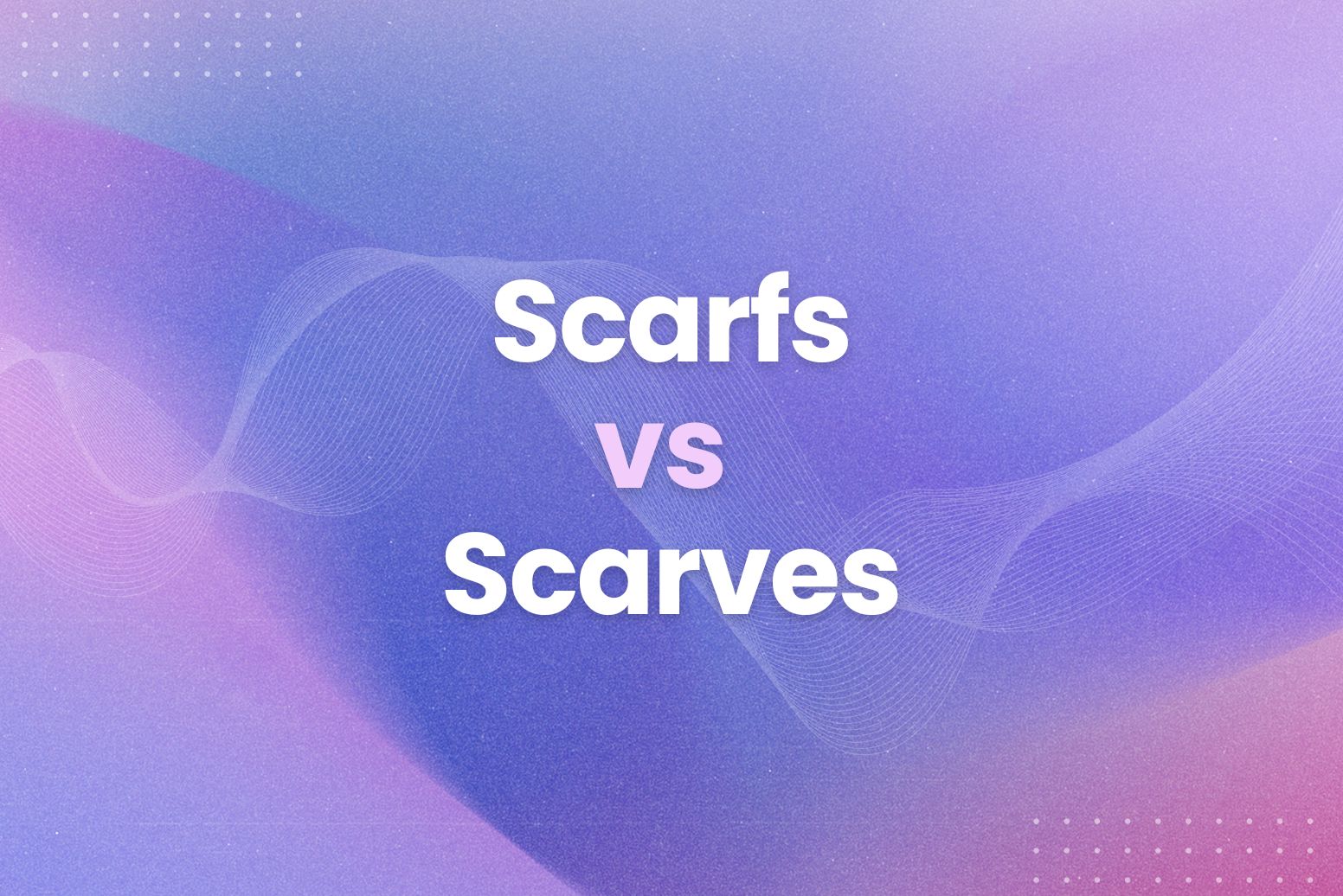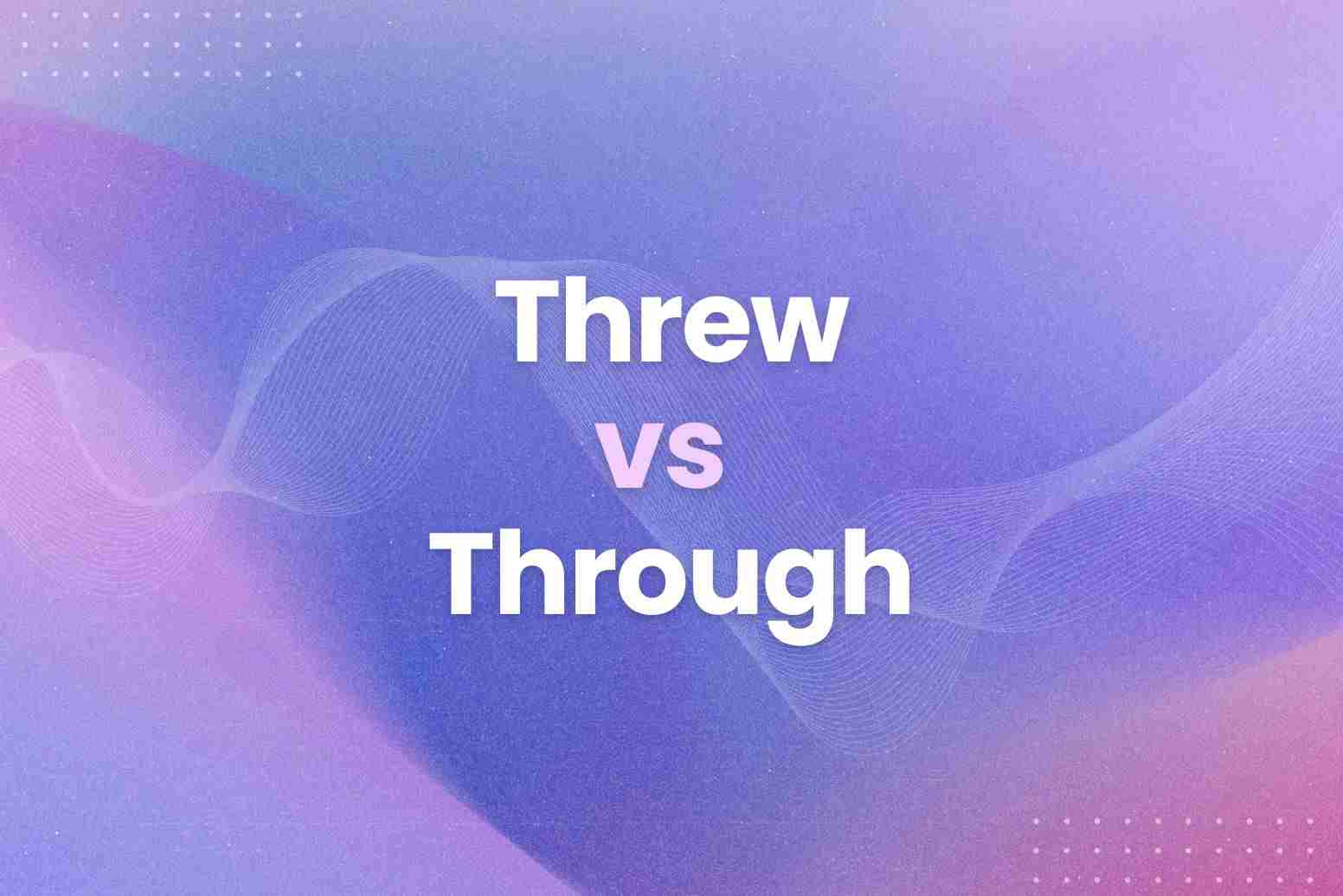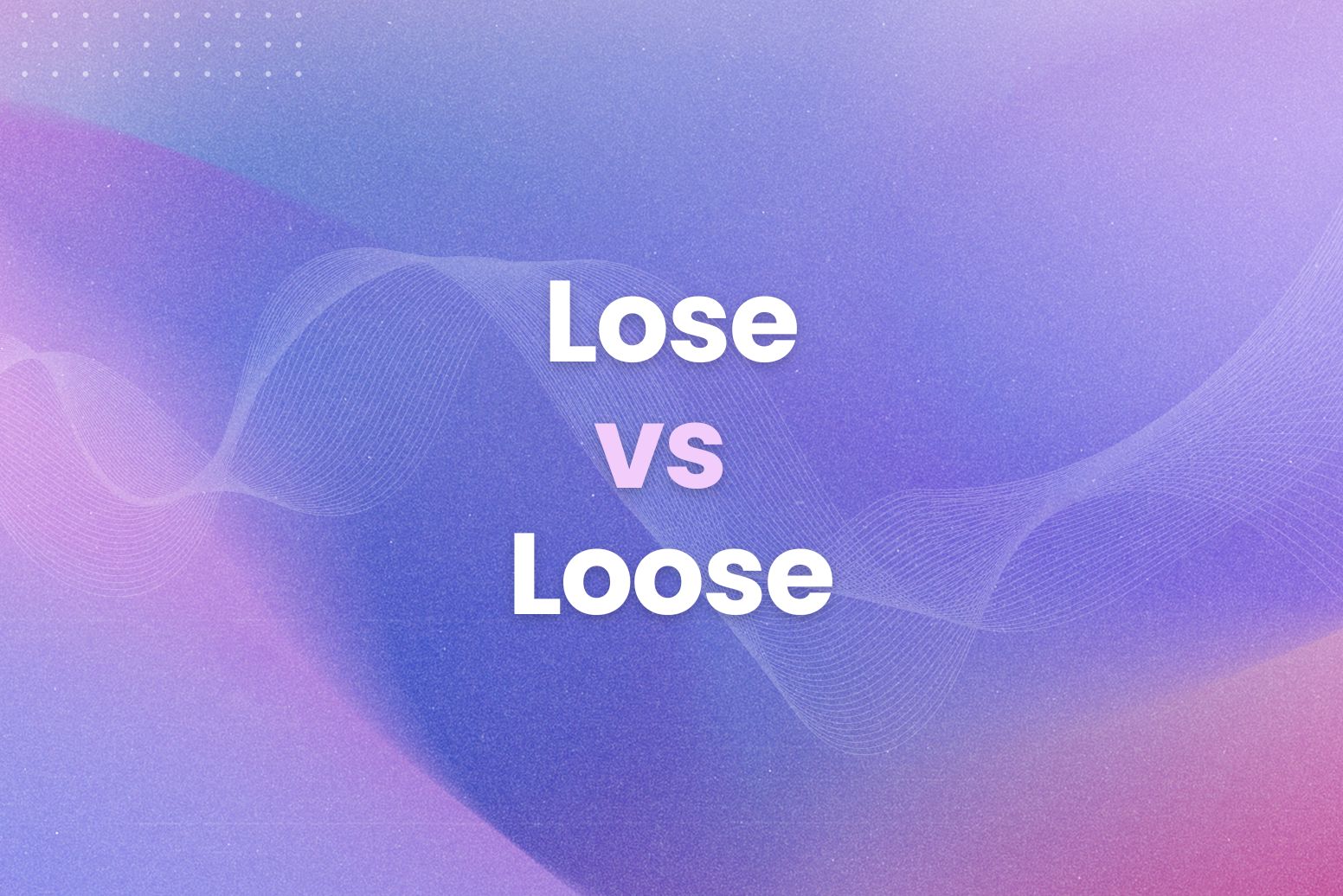Life is full of unexpected twists and turns, and that’s exactly what situational irony captures so brilliantly. It’s the literary equivalent of a plot twist, where what happens is the exact opposite of what you’d expect. This contrast between anticipation and reality often surprises, delights, or even delivers a sobering message. Whether it’s a chef burning their own dinner or a fire station catching fire, situational irony reminds us that life doesn’t always play out as planned—and that’s where the beauty lies.
What is Irony?
Irony is like life’s way of pulling a plot twist—just when you expect one thing, something completely different happens. At its core, irony is a literary device or figure of speech where there’s a striking contrast between expectation and reality. It often delivers a mix of humor, surprise, or even tension, depending on how it’s used.

Irony isn’t just a literary device—it’s a reflection of life itself, where expectations and reality don’t always align. Whether it’s in Shakespearean tragedies, sitcom humor, or moments from everyday life (like forgetting your phone after locking yourself out), irony always has a way of leaving an impression.
What is Situational Irony?
Situational irony happens when life pulls off the ultimate “gotcha” moment—what actually happens is the exact opposite of what you’d logically expect. It’s a plot twist that highlights the unpredictable nature of reality, often leaving us amused, shocked, or even a little bewildered.
At its heart, situational irony creates a contrast between expectation and reality. You anticipate one outcome, only to get blindsided by something completely unexpected—sometimes tragic, sometimes hilarious.
Which Describes Situational Irony?
Situational irony happens when the outcome of a situation is the exact opposite of what’s logically expected. It creates surprises that can add humor, depth, or even a bittersweet tone to real-life events or stories.
Ensure your situational irony is both clever and grammatically perfect. Check out Arvin AI’s Grammar Tool today!
Key Traits of Situational Irony
Opposite Outcomes:
The results defy the anticipated or logical expectations. For example, a chef burning dinner at their own party.
Unexpected Twists:
There’s an element of surprise that feels almost poetic, like a dentist needing braces.
Relatable or Symbolic:
It often highlights life’s unpredictability, like planning a sunny picnic only to experience a downpour.
Contrasts Between Intentions and Results:
The irony lies in how the intentions and actual outcomes diverge, such as installing anti-theft software that accidentally locks you out of your own device.
Examples of Situational Irony
The Titanic’s “Unsinkable” Claim

The Titanic was famously described as “unsinkable,” yet its tragic sinking on its maiden voyage remains one of the most ironic moments in history. The very claim that bolstered its reputation turned into a bitter punchline of fate.
The First Firehouse Burning Down
One of the earliest recorded instances of a firehouse burning down happened in the 19th century. The irony? The very place meant to protect against fires succumbed to one, highlighting how no one is immune to accidents.
Steve Jobs Banning iPads at Home
Steve Jobs, the visionary behind Apple, reportedly didn’t allow his kids to use iPads at home. The irony is that the man who revolutionized personal technology was wary of its effects on his own family.
The Inventor of Segways Dying in a Segway Accident
Jimi Heselden, who owned the Segway company, tragically died in a Segway accident. This dark irony highlights the unpredictability of life, even for those intimately familiar with their creations.
What Are the Three Types of Irony (With Examples)?
1. Situational Irony
- Definition: The result contradicts expectations.
- Example: The Gift of the Magi – A couple sacrifices their treasures for gifts that become useless.
2. Dramatic Irony
- Definition: The audience knows something the characters don’t.
- Example: Romeo and Juliet – Romeo thinks Juliet is dead, but the audience knows otherwise.
3. Verbal Irony
- Definition: Saying the opposite of what is meant.
- Example: “Oh, great! Another meeting at 7 a.m.”
Situational Irony in Literature
Situational irony in literature is the art of defying expectations in ways that leave readers surprised, intrigued, or deeply moved. It creates moments where the outcome is the opposite of what characters or audiences anticipate, adding emotional depth or clever twists to narratives.
What is Situational Irony in Literature?
Situational irony adds unexpected twists, making the story memorable and emotionally impactful.
Examples of Situational Irony in Famous Works
1. Romeo and Juliet by William Shakespeare
Romeo’s death is the pinnacle of situational irony. He believes Juliet is dead and takes his own life in despair. Moments later, Juliet awakens to find him lifeless, leading to her tragic demise. The expectation of a joyful reunion is devastatingly flipped into a double tragedy.
2. The Story of an Hour by Kate Chopin
Louise Mallard, initially overwhelmed with grief, experiences unexpected joy at the thought of freedom after her husband’s presumed death. The twist? Her husband walks through the door alive and well, and the shock causes Louise to collapse and die. The contrast between fleeting liberation and her sudden death is a striking example of situational irony.
3. Night by Elie Wiesel
In this harrowing account of the Holocaust, prisoners are told they will be taking showers. Instead, they are led to gas chambers. The cruel deception is a haunting example of situational irony, emphasizing the brutal inhumanity of the events.
4. The Lottery by Shirley Jackson
In The Lottery, a seemingly ordinary and traditional event in a small town—referred to as a “lottery”—takes a dark and ironic turn. While the word lottery often conjures images of winning prizes, wealth, or luck, the reality in this tale is far from that. Instead of joy or fortune, the story ends with the grim and shocking act of stoning a chosen individual as part of an outdated ritual.

This is a textbook example of situational irony.
On one hand, the reader expects the lottery to be something celebratory, much like how we associate modern lotteries with hope and anticipation. On the other hand, the cheerful setting and seemingly normal behavior of the townsfolk contrast sharply with the horrifying reality of the lottery’s purpose. Consequently, this unexpected twist not only shocks but also challenges the audience to reflect on societal norms, traditions, and the dangers of blindly following them.
Is Harry Potter an Example of Situational Irony?
Yes, Harry Potter is rich with situational irony, where outcomes defy expectations, adding depth and intrigue to the story. Here are a few key moments:
1. Harry as the Final Horcrux
Throughout the series, Harry is portrayed as the “Chosen One,” destined to defeat Voldemort. However, it is revealed in The Deathly Hallows that Harry himself is an unintentional Horcrux, meaning Voldemort must “kill” him to ultimately be defeated. This twist flips the narrative expectation, as Harry’s survival initially seemed essential to Voldemort’s demise.
2. The Prophecy
The prophecy could have applied to either Harry or Neville Longbottom. Voldemort’s decision to target Harry makes him the Chosen One, inadvertently setting the stage for his own downfall. The irony lies in Voldemort sealing his fate by trying to eliminate the very threat he created.
3. Snape’s True Allegiance
Snape is consistently depicted as an antagonist throughout much of the series. However, it’s revealed in The Deathly Hallows that he was working to protect Harry all along due to his love for Lily Potter. This unexpected twist reshapes the audience’s perception of his actions and sacrifices.
Situational Irony in Movies
The Sixth Sense
Throughout The Sixth Sense, Bruce Willis’ character is portrayed as a dedicated psychologist helping a troubled boy who claims to “see dead people.” The audience follows his journey, unaware of the truth until the jaw-dropping twist: he’s been dead the entire time. This revelation redefines everything we thought we understood, making it a quintessential example of situational irony.
Shrek
In Shrek, societal expectations are flipped on their head. The story starts with Shrek, an ogre, who’s assumed to be a scary, uncaring outcast. Yet, as the narrative unfolds, he becomes the hero who saves Princess Fiona and wins her love. The irony lies in how an unconventional character defies stereotypes, teaching audiences that heroes don’t have to fit the mold.
Toy Story 2
Woody, a beloved toy who treasures being owned by Andy, faces a dilemma when offered a chance to join a museum collection where he’ll be admired forever. While it seems like a dream for any toy, Woody ironically realizes that being admired without being played with isn’t fulfilling—choosing loyalty to Andy instead.
Is Titanic an Example of Situational Irony?
Absolutely, Titanic delivers one of the most iconic examples of situational irony in cinematic history. For starters, the ship itself was famously advertised as “unsinkable,” yet it tragically sank on its maiden voyage after colliding with an iceberg. This stark contradiction between expectation and reality underscores humanity’s overconfidence in technology, making the story all the more profound.
But the irony doesn’t stop there. Consider Jack and Rose’s love story. They overcome immense obstacles—class divides, a jealous fiancé, and the chaos of the sinking ship—only for Jack to sacrifice himself in the freezing waters, leaving Rose to survive alone. This unexpected and heartbreaking conclusion defies the audience’s hopes for their happy ending, adding a layer of emotional depth to their bond.
Even the smaller moments within the film reflect situational irony. For instance, passengers who initially laughed off warnings of danger ultimately face the ship’s catastrophic fate. These twists reinforce the film’s themes of hubris, love, and the fragility of life, while making the narrative both memorable and thought-provoking.
What is the Difference Between Situational Irony and Coincidence?
- Situational Irony: Events contradict logical expectations with meaning or impact.
- Example: A traffic cop gets a speeding ticket.
- Coincidence: Two unrelated events occur by chance.
- Example: You meet an old friend while traveling abroad.
Common Synonyms for Situational Irony
- Unexpected Outcome: Refers to a result that surprises because it’s the opposite of what was anticipated.
Example: A bakery running out of bread during lunchtime. - Contradiction: Highlights a stark contrast between expectations and reality.
Example: A dog trainer’s dog being the least obedient in a competition. - Twist of Fate: Suggests an unforeseen turn that changes everything, often dramatically.
Example: A millionaire losing their fortune overnight due to a lottery scam.
Final Words
Situational irony occurs when life flips the script, delivering outcomes that are the opposite of what you’d logically expect. It’s the ultimate “gotcha” moment that adds depth, humor, or poignancy to events, whether in real life or storytelling. By defying what we anticipate, situational irony creates unforgettable moments, leaving us amused, shocked, or contemplative.

Struggling to craft impactful situational irony? Let Arvin AI’s Grammar Checker fine-tune your sentences for maximum effect.
FAQ
Irony is a literary device where the intended meaning differs from the actual outcome, often surprising or amusing the reader.
Verbal irony is when someone says the opposite of what they mean.
A dentist with a cavity.
A pilot afraid of heights.
The Gift of the Magi (O. Henry): Sacrifices lead to unexpected, bittersweet results.
Yes. Romeo’s death is ironic because Juliet is alive, but he believes she is dead.
In Night, prisoners expect showers but are led to gas chambers—highlighting the horror through an unexpected outcome.






